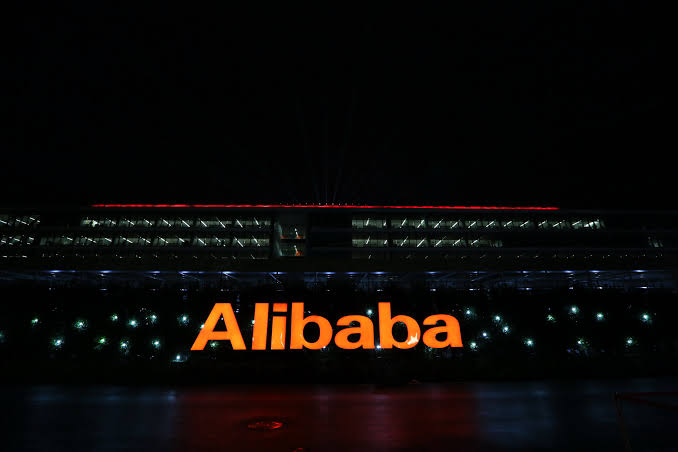Chinese e-commerce giant Alibaba has said that it would not allow its technologies to be used for targeting or labeling particular ethnic groups.
The assertion comes from the report that the company’s content moderation technology is capable of selecting Uighur minorities.
Alibaba said it was “dismayed” that Alibaba Cloud has developed facial technology that uses race as an attribute for capturing video imagery.
“We have eliminated any ethnic tag in our product offering,” said Alibaba.
The company said that it never expected the invention to be used in this way.
U.S.-based surveillance industry analyst IPVM released Wednesday a study that said tech capable of detecting Uighurs appears in Alibaba’s Cloud Shield content moderation service for websites.
- The ‘tained’ cotton of China
- VW claims ‘no forced labour’ at the Xinjiang factory
- Daily Mail donated masks related to the Uighur factory
Alibaba defines Cloud Shield as a device that “identifies and recognises text, images, videos, and voices containing pornography, politics, violent terrorism, advertising, and spam, and provides verification, marking, custom configuration, and other capabilities.”
IPVM said that the mention of Uighurs in the programme vanished around the time it released its report.
Alibaba-listed in New York and Hong Kong-is the largest cloud computing provider in China and the fourth largest in the world, according to researcher Canalys.
Earlier this week one of Huawei’s European Communications Managers resigned from the Chinese company due to concerns regarding his role in managing Muslim Uighurs.
The latest article arrives in the light of recent reports of potential slave labour in the west of China.
The BBC uncovered evidence that more than half a million minority workers a year are involved in seasonal cotton processing.
This is in addition to a vast network of detention centres, in which more than a million people are estimated to have been imprisoned, and allegations that minority groups are being forced to labour in textile factories.
The Chinese government has long refuted forced labour allegations, maintaining that the camps are “vocational training schools” and that the factories are part of a large and voluntary “poverty alleviation” scheme.
Following the BBC inquiry, a member of a powerful parliamentary committee advised UK firms to audit their cotton suppliers to ensure that they stopped sourcing goods that included slave labour.
In addition, the US recently barred imports of cotton from a Chinese state-owned company that claimed to have used slave labour from detained Uighur Muslims in Xinjiang Province.
The Xinjiang Development and Construction Corps (XPCC) is a quasi-military body that currently accounts for almost a fifth of Xinjiang’s GDP and is one of China’s largest cotton producers.






